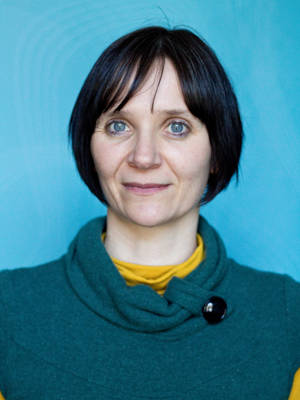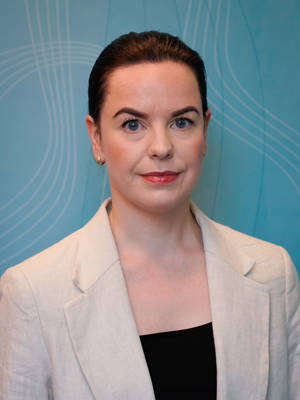
DIGICOM takes digitalisation as a central object of study in order to better grasp how new forms of risk communication affect societal security. It explores the way in which risk communicators in different environments , such as authorities, news media and social media, interact with one another. This risk communication will be examined in relation to specific types of risk events that are of relevance for preparedness in Norway, such as natural disasters, terrorism and cyber-attacks. DIGICOM formulates a concrete end-user-oriented policy roadmap for risk communication in a digital age.
Terrorism, natural disasters and cyber-attacks are characteristic risks of our time. However, distributing information about such risks is increasingly complex. This lies not only in the progressively complex nature of risks, but also in the way that risk communication has evolved.
Risk communication comprises a range of processes, from collecting, processing and analyzing information about risks, to the dissemination of risk information to different audiences. Taken together, these risk communication processes contribute to determining what is in fact considered as a risk, and participate in the construction of a society's understanding of its own security.
Yet, because of rapid developments in communication technology and a general digitalisation of information, the function of risk communication has recently undergone comprehensive changes. The way information is constituted, verified, legitimated and transmitted has become more instantaneous and diffuse. Whereas a decade ago news media and governmental bodies could consider themselves the sole actors in shaping how threats and crises were understood and dealt with, new actors and new communication technologies have changed this picture in ways we as yet do not fully understand.
The assurance of discrete and verifiable sources of information, a pillar of modern democratic governance, is confronted by new and increasingly varied sources of information. The rise of participatory and social media allows for new modes of defining and exchanging information about risk, and offers platforms to various actors and communicators.
By mobilising partners from Norway, Europe and North America, DIGICOM will explore the hypothesis that digitalisation, the integration of digital technologies into everyday life, has not only impacted risk communication, but that is still tranforming it. DIGICOM focusses on the promises and pitfalls of the digitalisation of risk communication.
DIGICOM is a research project, funded by the Research Council of Norway. DIGICOM started in February 2014 and will last until February 2018. In the course of this period, 9 articles and 6 policy briefs will be published. These will be presented at 3 academic seminars, 4 breakfast briefings, 3 end user forum meetings and a final conference, at which a policy roadmap will be presented. These events and publications will be announced on this website.
The project will be executed in collaboration with the following partners:
UiO - Universitetet i Oslo
VUB - Vrije Universiteit Brussel
University of Quebec in Montreal
University of Westminster
The Engine Room Foundation
















